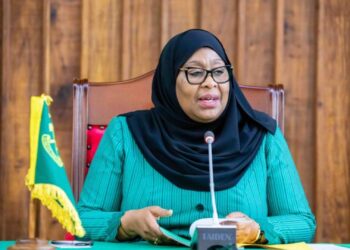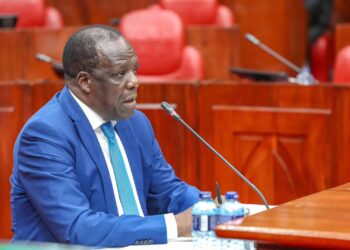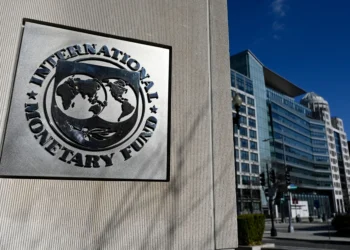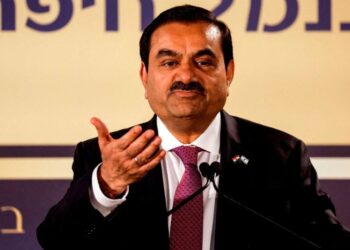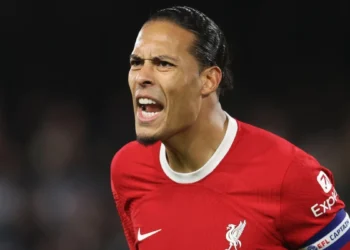Kenyans have voiced their discontent with the recent statements made by Deputy President Kithure Kindiki, in which he seemed to imply that “national interests” would take precedence over “public interests.”
During his speech at the formal opening of the 12th Jurisprudential Conference of the Supreme Court of Kenya in Nairobi, Kindiki, who has been in office for less than a week, shared the thoughts he has struggled with during his two years as the cabinet secretary for the Interior.
He referred to the national interest as “greater,” and he issued a challenge to the judicial system, asking them to discover ways to strike a balance between the public interest and the national interest.
Kindiki observed that the concentration of the court on addressing public interest might, at times, come at the price of national welfare. He observed this while referring to Chapter 238 of the Constitution of 2010, which handles national security.
“I have had to question myself if the greatest interest is the public interest or whether there is a greater interest called the national interest since the public itself might undermine the national interests,” he added.
“I have discovered that the public interest is not the highest interest.”
In addition, he asked, “Aside from the boundaries and principles of the court, which are helpful in gaining an understanding of the public interest, are there any other higher values and principles that are essential to the survival of Kenya?”
The general public can engage in inappropriate behaviors that jeopardize the state’s survival.
“I would like us to consider the most fundamental aspect of the law.”
The words used by Kindiki seemed to confuse the majority of Kenyans, and many of them criticized him for giving the impression that he was prepared to protect the desires of the executive while simultaneously destroying the will of the people as a sovereign entity.
Many individuals who voiced their opinions on the topic criticised the new DP’s statements, viewing them as oppressive and an attempt to resist the people’s will and protect the government at any cost.
Many people criticised his thoughts, saying they were wrong and that DP must follow the constitution where people, the public, are sovereign, not the government.
